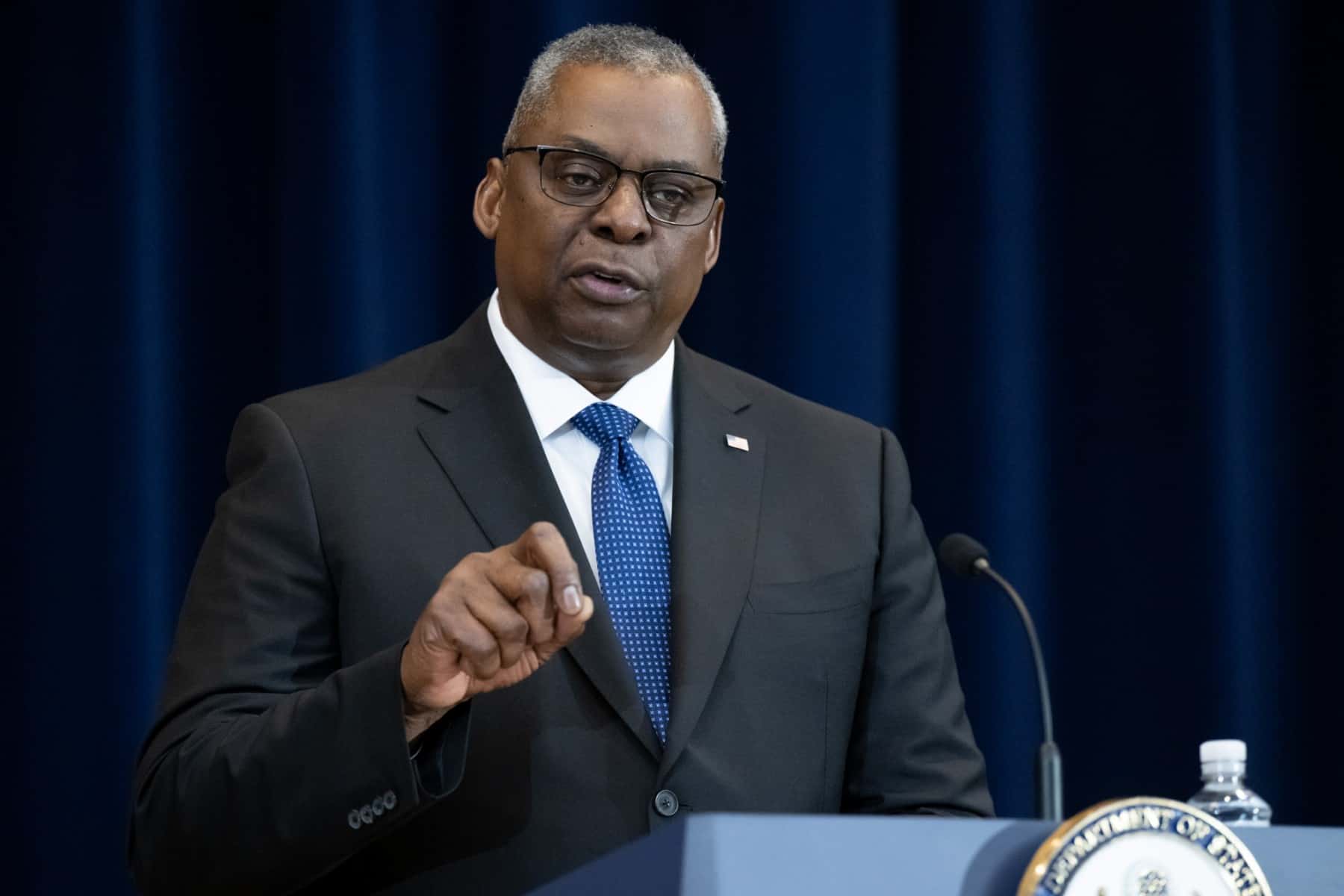Washington, US – US Secretary of Defense Lloyd Austin will head to the Middle East this weekend, the Pentagon announced, without mentioning the countries.
“This weekend, Secretary Austin will depart on a planned, multi-day visit to the US Central Command (CENTCOM) Area of Responsibility (AOR),” Pentagon Press Secretary Brig. Gen. Pat Ryder said.
Without elaborating on which countries Austin would visit, Ryder said the trip would allow the secretary to meet with leaders and several key partner nations to “reaffirm the enduring US commitment to the Middle East region.”
Ryder said talks would also focus on ways to work closely to increase regional security and stability and deter potential threats.
The Pentagon chief previously commanded all US forces in the Middle East as the head of CENTCOM during the Obama administration.
The visit comes amid the perceived rise in the threat from China. On Tuesday, Pentagon’s top Middle East policy official, Dana Stroul told reporters in a telephone press briefing that Iran poses a global threat, “We now need to rally a coalition not only in the Middle East, but a global coalition to push back on the malign cooperation between Iran and Russia,” she said. “It is reasonable to expect that the tactics, techniques and procedures that the Iranians are learning and perfecting in Ukraine will one day come back to threaten our partners in the Middle East, which is why we are increasing cooperation now.”

